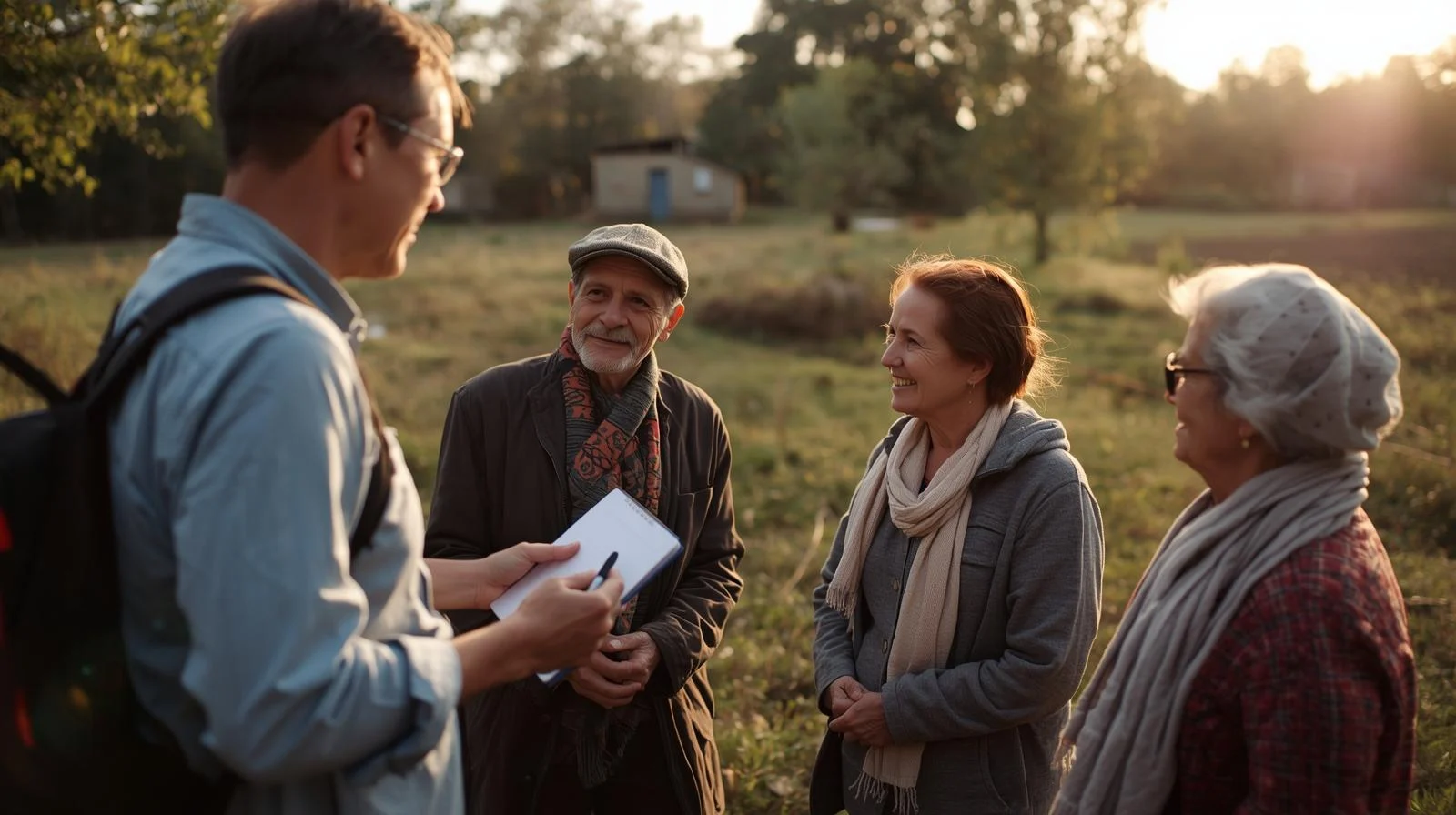In the ever-evolving world of public health, understanding how social research drives health program success is critical for designing initiatives that truly deliver results. Beyond medical data, social research captures the cultural, behavioral, and social factors that determine whether a program succeeds or fails. By analyzing community needs, identifying barriers to access, and assessing perceptions, organizations can design health interventions that resonate with the very people they aim to serve.
Community Perspectives in Health Interventions

Every health program thrives or struggles based on how communities respond to it. Social research provides a window into these responses revealing beliefs, traditions, and practices that influence health-seeking behavior. For example, research can uncover why a community may resist vaccination campaigns or how gender roles affect maternal health choices. These insights allow organizations to adapt their strategies and build stronger connections with the people they serve.
Strengthening Programs Through Evidence
Social research enhances program delivery by ensuring that decisions are backed by evidence rather than assumptions.
- Identifying barriers: Research highlights challenges such as transportation, affordability, or cultural stigma that prevent access to healthcare.
- Measuring perceptions: Understanding community trust levels helps organizations improve communication and service delivery.
- Tracking effectiveness: Evaluations grounded in social research measure what is working and what needs adjustment.
With this knowledge, organizations can move from generic approaches to context-specific strategies that maximize impact.
Building Trust and Accountability
No health program can succeed without trust. Social research demonstrates accountability by giving communities a voice in shaping interventions. When people see their feedback reflected in the design of health services, skepticism turns into cooperation. This process not only strengthens health outcomes but also fosters long-term partnerships between organizations and communities.
Case Examples of Research Impact

- HIV/AIDS initiatives: Social research revealed stigma as a major barrier, leading to awareness campaigns that encouraged testing and treatment.
- Maternal and child health programs: Surveys helped identify gaps in prenatal care, resulting in targeted interventions that reduced risks for mothers and infants.
- Nutrition campaigns: Community studies highlighted cultural food preferences, allowing health workers to design locally relevant nutrition messages.
These cases illustrate that without social research, programs may miss the realities that define success.
Bringing Insights to Health Success
Health interventions succeed not only through medicine but also through meaningful understanding of people’s lives. How social research drives health program success lies in its ability to integrate cultural insight, evidence-based decision-making, and community trust. By valuing the voices of the people most affected, organizations can ensure their health programs are not only accepted but embraced.
Partner With Insight and Social
At Insight and Social, we recognize that effective health programs require more than statistics they require genuine insight. Our expertise in social research ensures that communities are heard, programs are evidence-driven, and outcomes are sustainable. Contact us today!





